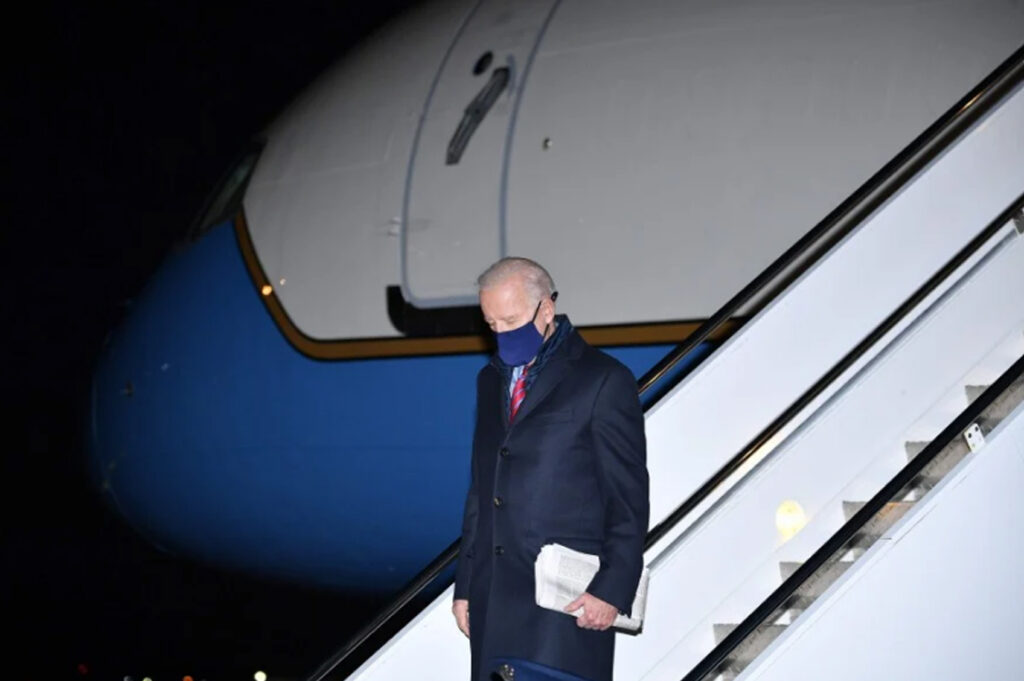International observers of biodiversity governance watch very keenly any action by the United States government. Remember the phrase, “when America sneezes, the world catches a cold”.
At the Earth Summit in Rio de Janeiro in 1992, for example, the world community watched in total exasperation when the late president George H.W. Bush personally declined to sign the just-agreed Convention on Biological Diversity (CBD).
After all, the CBD was modelled after US conservation laws. The decision not to sign also boggled minds because US officials had lead the treaty’s six-year drafting and negotiation process. Thankfully, more than 150 other nations and the European Union signed.
And, while president Bill Clinton did eventually sign in 1993, the US Senate never ratified the treaty, diminishing both its world image and its ability to affect global conservation and sustainable use efforts. Among the political leaders who tried to get the US Senate to ratify the CBD in the 1990s was then-senator Russ Feingold, now chair of the Global Steering Committee for the Campaign for Nature (CFN).



